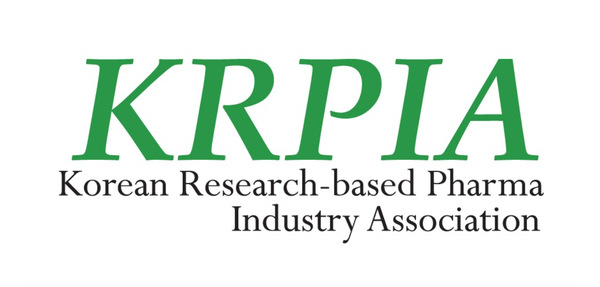Korea Research-based Pharma Industry Association (KRPIA) expressed concerns over the government's plan to additionally reference Australia when setting drug prices.

KRPIA represents the offshoots of 47 multinational pharmaceutical companies operating in the Korean market.
The association's opinion came after the Health Insurance Review and Assessment Service (HIRA)'s announcement of a partial revision of the regulations on evaluation criteria and procedures for eligibility for insurance benefits. HIRA said Korea would add Canada and Australia when calculating the foreign average drug price from next January.
"The recent decision by HIRA will severely undermine the accessibility of new drugs for patients with severe or rare diseases in Korea," KRPIA said. "It also impedes the development of Korea's pharmaceutical industry and runs counter to the new government's policy of increasing healthcare support for the vulnerable and bringing about innovative growth in the biopharmaceutical industry."
KRPIA also stressed that multinational pharmaceutical companies operating in Korea currently face a situation where insurance benefits are delayed or abandoned due to the government tightly managing drug costs and difficulties in insurance registration.
"This amendment of adding Australia will further delay the introduction of new anticancer drugs and treatments for severe or rare diseases in Korea, causing serious adverse effects on patients' access to new drugs," the association said.
KRPIA explained that Korea already set one of the lowest drug prices worldwide through its current reference price method.
"Even when comparing the prices of pharmaceuticals in Korea and OECD countries, the price level of original drugs in Korea is only 65 percent of the average price of OECD countries," KRPIA said.
With such low prices for new drugs already an issue, KRPIA stressed that the addition of Australia as a reference country may degrade the development of Korea's pharmaceutical industry and seriously damage Korea's pharmaceutical sovereignty and pharmaceutical industry ecosystem.
"Australia relies on imports for most of its drugs, including innovative drugs, due to its low-priced drug policy and the fact that the country did not foster its pharmaceutical industry," the KRPIA said. "As a result, Australia currently cannot manufacture most of the essential medicines designated by the World Health Organization and is facing a national health security crisis."
The association also stressed that if Korea's drug prices are set lower than the current price due to referencing Australian drug prices, Korea Passing cases, where companies do not launch new drugs in Korea, will become more serious.
"We express regret that the government unilaterally pushed ahead with the announcement of the new policy, which only focused only on reducing drug costs without reaching a reasonable agreement with the industry," KRPIA said. "We urge that a reasonable improvement plan should be found through agreement with the industry."
Related articles
- Korea to add Canada, Australia to drug pricing reference country list
- ‘Rare disease patients still have poor access to treatment’
- ‘Korea should introduce indication-specific drug pricing’
- Korea’s drug approval too slow, compared to U.S., Europe: KRPIA
- Multinational pharmas' R&D in Korea up 14% in 2022: KRPIA

